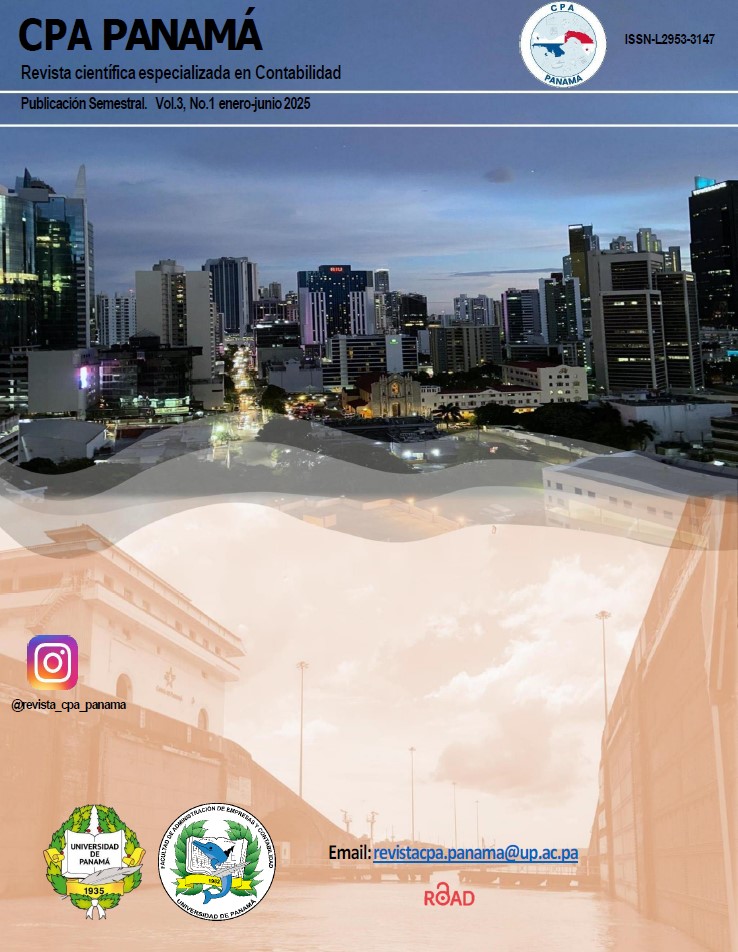

Copyright (c) 2024 CPA PANAMÁ

This work is licensed under a Creative Commons Attribution-NonCommercial-ShareAlike 4.0 International License.
Remote work has become a key modality in the modern work environment, driven both by technological advances and by the need to find more flexible ways of working. This theoretical review article is based on the theories of Herzberg and Maslow, which exposes the factors that influence the satisfaction of people who work remotely. Remote work has become a key modality in the modern work environment, driven both by technological advances and by the need to find more flexible ways of working. This theoretical review article is based on the theories of Herzberg and Maslow, which exposes the factors that influence the satisfaction of people with influence on those who work remotely. Herzberg stresses the importance of differentiating between hygienic factors, such as a suitable work environment and clear policies, and motivational factors, such as autonomy, recognition, and opportunities for growth, which increase satisfaction and engagement. For his part, Maslow reminds us that people need to cover both basic needs, such as physical well-being and security, as well as deeper needs, such as belonging and self-actualization, to feel fulfilled. Remote work offers unique opportunities, but it also
poses significant challenges, such as the risk of isolation or lack of social interaction. That's why it's critical for organizations to find a balance between offering good working conditions and fostering connection, career growth, and motivation for their employees. In this way, a remote work environment can be achieved in which people not only fulfill their tasks, but also feel valued, motivated, and productive.